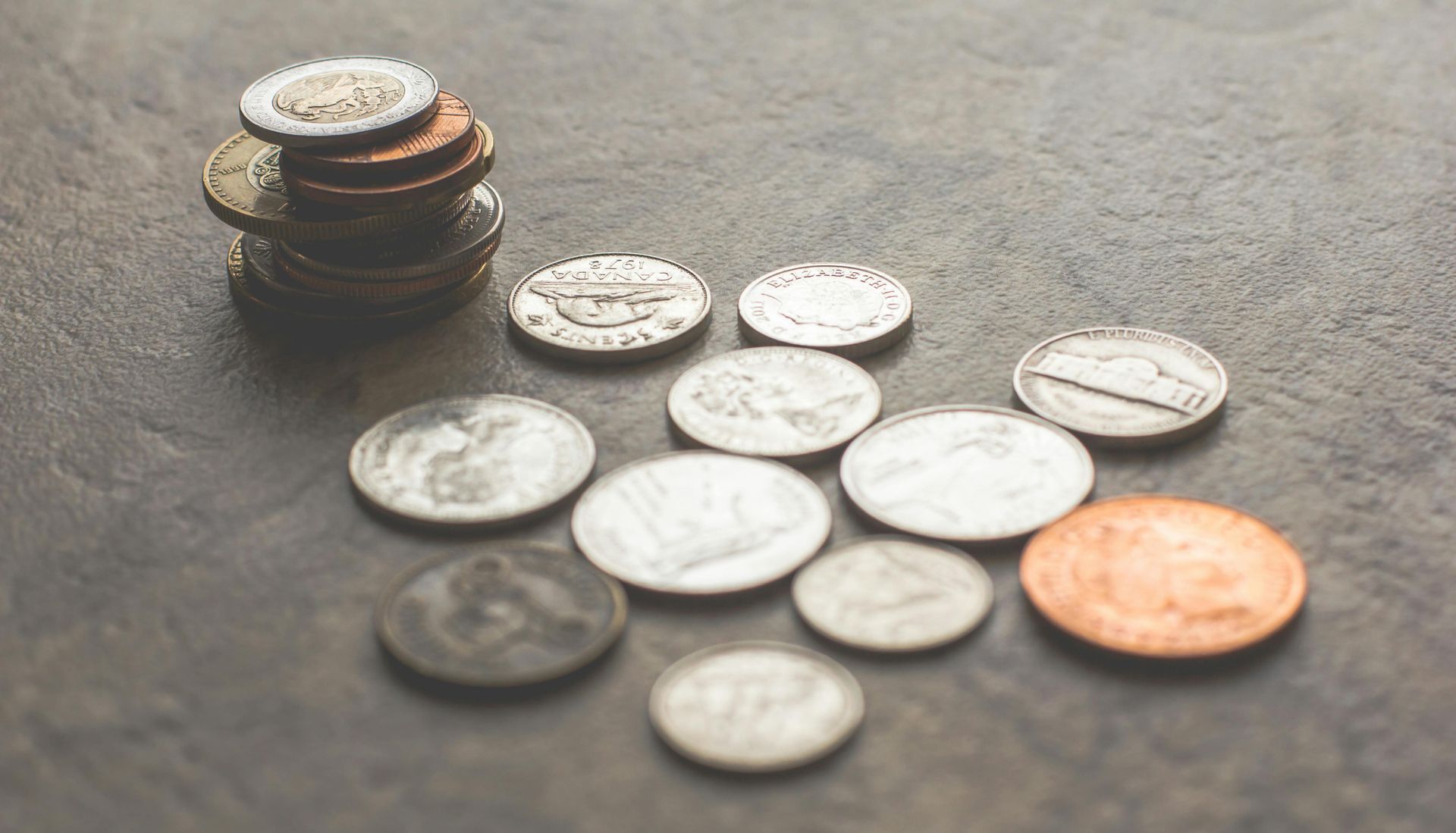A Guide to Filing for Chapter 7 Bankruptcy in New Jersey
A Guide to Filing for Chapter 7 Bankruptcy in New Jersey
The first step in filing for Chapter 7 bankruptcy in New Jersey is gathering all the necessary documents. You will need to provide documentation of your income, expenses, assets, and debts. This includes pay stubs, tax returns, bank statements, mortgage statements, car loan documents, credit card bills, and any other relevant financial information. It's important to be thorough and accurate when compiling these documents to ensure a smooth bankruptcy filing process.
Once you have gathered all the necessary documents, you will need to complete a means test to determine your eligibility for Chapter 7 bankruptcy. The means test compares your income to the median income in New Jersey and takes into account your household size. If your income falls below the median income level, you may qualify for Chapter 7 bankruptcy. If not, you may need to explore alternative options such as Chapter 13 bankruptcy.
After completing the means test and gathering all required documents, you will need to attend credit counseling from an approved agency within six months before filing for bankruptcy. This counseling session will help you understand your financial situation and explore alternatives to bankruptcy. Once you have completed credit counseling, you can file your petition for Chapter 7 bankruptcy with the New Jersey Bankruptcy Court.
Upon filing your petition for Chapter 7 bankruptcy, an automatic stay goes into effect which halts all collection actions by creditors. A trustee will be appointed to oversee your case and liquidate any non-exempt assets to repay creditors. Most filers are able to keep their essential assets such as their home and car through exemptions provided by New Jersey law. After attending a meeting of creditors and completing a debtor education course, you will receive a discharge of qualifying debts within a few months.
Filing for Chapter 7 bankruptcy in New Jersey can provide a fresh start for individuals burdened by overwhelming debt. By understanding the necessary documents and steps involved in the process, you can navigate through this challenging time with confidence. At Carroll Law Firm, P.C., we are dedicated to helping New Jersey residents achieve financial freedom through knowledgeable legal guidance and support throughout the bankruptcy process. Contact us today to schedule a consultation and take the first step towards a brighter financial future.









